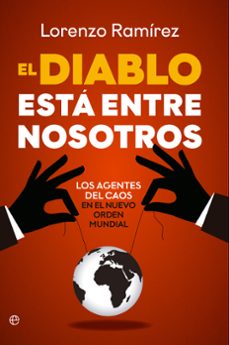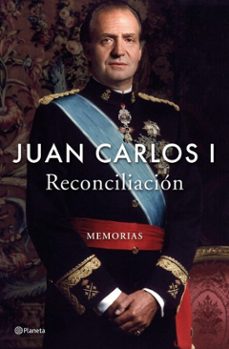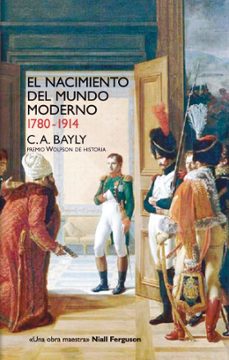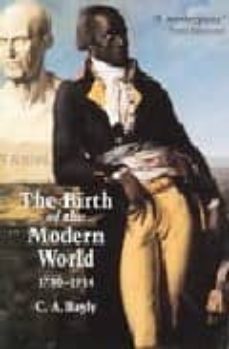Imprescindibles
Ficción
No Ficción
Ciencias y tecnología Biología Ciencias Ciencias naturales Divulgación científica Informática Ingeniería Matemáticas Medicina Salud y dietas Filología Biblioteconomía Estudios filológicos Estudios lingüísticos Estudios literarios Historia y crítica de la Literatura
Humanidades Autoayuda y espiritualidad Ciencias humanas Derecho Economía y Empresa Psicología y Pedagogía Filosofía Sociología Historia Arqueología Biografías Historia de España Historia Universal Historia por países
Infantil
Juvenil
#Jóvenes lectores Narrativa juvenil Clásicos adaptados Libros Wattpad Libros Booktok Libros de influencers Libros de Youtubers Libros Spicy Juveniles Libros LGTBIQ+ Temas sociales Libros ciencia ficción Libros de acción y aventura Cómic y manga juvenil Cómic juvenil Manga Shonen Manga Shojo Autores destacados Jennifer L. Armentrout Eloy Moreno Nerea Llanes Hannah Nicole Maehrer
Libros de fantasía Cozy Fantasy Dark academia Hadas y Fae Romantasy Royal Fantasy Urban Fantasy Vampiros y hombres lobo Otros Misterio y terror Cozy mistery Policiaca Spooky Terror Thriller y suspense Otros
Libros románticos y de amor Dark Romance Clean Romance Cowboy Romance Mafia y amor Romance dramatico Romcom libros Sport Romance Otros Clichés Enemies to Lovers Friends to Lovers Hermanastros Slow Burn Fake Dating Triángulo amoroso
Cómic y manga
Novela gráfica Novela gráfica americana Novela gráfica europea Novela gráfica de otros países Personajes, series y sagas Series y sagas Star Wars Superhéroes Cómics DC Cómics Marvel Cómics otros superhéroes Cómics Valiant
eBooks
Literatura Contemporánea Narrativa fantástica Novela de ciencia ficción Novela de terror Novela histórica Novela negra Novela romántica y erótica Juvenil Más de 13 años Más de 15 años Infantil eBooks infantiles
Humanidades Autoayuda y espiritualidad Ciencias humanas Economía y Empresa Psicología y Pedagogía Filosofía Historia Historia de España Historia Universal Arte Cine Música Historia del arte
Ciencia y tecnología Ciencias naturales Divulgación científica Medicina Salud y dietas Filología Estudios lingüísticos Estudios literarios Historia y crítica de la Literatura Estilo de vida Cocina Guías de viaje Ocio y deportes
C. A. BAYLY
Recibe novedades de C. A. BAYLY directamente en tu email
Filtros
Del 1 al 2 de 2
Siglo XXI de España Editores, S.A. 9788432313257
El nacimiento del mundo moderno nos adentra en pleno siglo XVIII mostrándonos una era de revoluciones, un período de «inestabilidad e interrupción». El orden mundial que surgió después de 1815 marca
Ver más
Tapa blanda
BLACKWELL BASIL 9780631236160
Covering the period 1780-1914, "The Birth of the Modern World" shows how events in Asia, Africa, and South America - from the decline of the eighteenth-century Islamic empires to the anti-European Boxer rebellion of 1900 in China - had a direct impact on European and American history. And conversely, how the "ripple effects" of crises such as the European revolutions and the American Civil War worked their way through to the rest of the world. None of the great themes of the nineteenth-century world - the rise of the modern state, industrialisation, liberalism, imperialism, and the progress of world religions - is untouched by the novel perspectives of this compelling new history. This thematic history of the world from 1780 to the onset of the First World War reveals that the world was far more ''globalised'' at this time than is commonly thought. Explores previously neglected sets of connections in world history. Reveals that the world was far more ''globalised'', even at the beginning of this period, than is commonly thought. Sketches the ''ripple effects'' of world crises such as the European revolutions and the American Civil War. Shows how events in Asia, Africa and South America impacted on the world as a whole. Considers the great themes of the nineteenth-century world, including the rise of the modern state, industrialisation and liberalism. Challenges and complements the regional and national approaches which have traditionally dominated history teaching and writing.
Ver más
Tapa blanda
Del 1 al 2 de 2
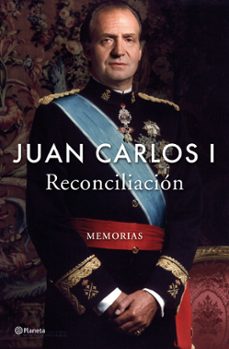
![harry potter y el cáliz de fuego (harry potter [ediciones ilustra das interactivas] 4)-j.k. rowling-9788419868497](https://imagessl7.casadellibro.com/a/l/s5/97/9788419868497.webp)




